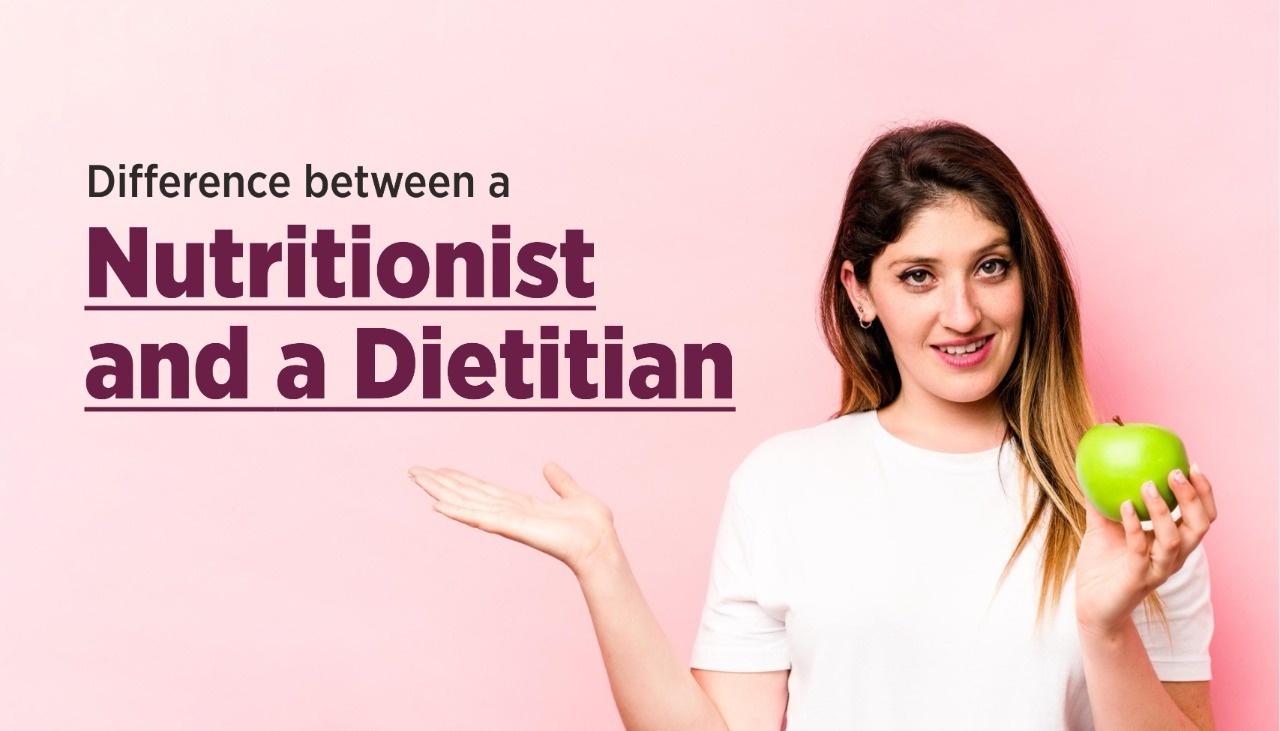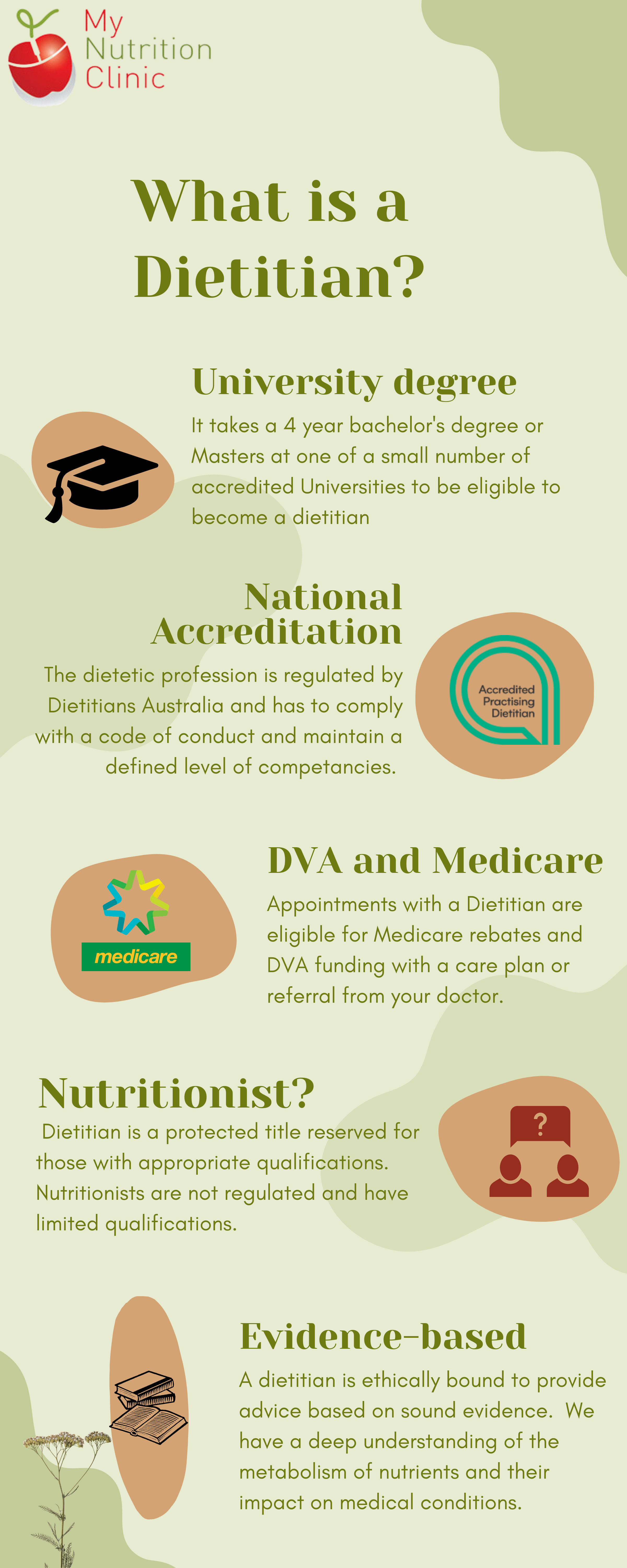All Categories
Featured
Table of Contents
The kinds of Nutritionists are: and. The previous are those individuals that utilize the clinical method to study nutrients, both as private substances and as they engage in food and nutrition while the last are professionals who assist in identifying the nutritional troubles of communities and in finding services to those troubles.
: They deal with wellness programs and international wellness organizations.: They are liable for massive food preparation and service.: They are specialists in nourishment and aging. They are Board certified in Gerontological Nourishment with the American Dietetic Association.: They are primarily entailed with nutritional associated research in the professional facet of nutrition in condition states, public facet on key, secondary and often tertiary health and wellness prevention and foodservice facet in concerns involving the food gotten ready for clients.
Who Has The Best Registered Dietitian Eating Disorders?
: These act as source people for the media. Dietitians' competence in nourishment is typically taped for television, radio, and papers-- either as an expert guest viewpoint, regular columnist or guest, or for source, dining establishment, or recipe growth and critique.: These job under exclusive practice. As discussed over, all dietitians are nutritionists but not all nutritionists have the qualifications and qualifications to be called dietitians.
This implies exactly the very same point as Registered Dietitian (RD), a term that has remained in usage for a long period of time. All RDs are RDNs yet some pick to call themselves that and some do not. Additionally making complex matters are license needs. While certification to come to be an RD or RDN is regulated by the Academy of Nourishment and Dietetics a national organization licensure is managed by individual states.

In order to offer clinical nourishment therapy and certify as carriers for insurance provider, a dietitian needs to be accredited by the state. According to the Bureau of Labor Data, the need for dietitians and nutritionists is anticipated to boost by 20% between 2010 and 2020 this is a much faster growth price than the standard for all professions.
What Does Dietitian For Weight Loss Cost?
There are considerable differences in settlement based upon field of expertise, with Clinical Pediatric Dietitians and Dairy Nutritionists balancing about $90,000. In 2014, The Bureau of Labor Statistics (BLS) found that the leading 10% of dietitians and nutritionists gain more than $79,000, and the bottom 10% less than $36,000 - Telehealth Nutritionist. A mean hourly wage of $27.62 was calculated for both fields, with the leading 10% earning over $38.00 per hour, and the lower 10% earning listed below $17.00 per hour

There is a selection of work available in various environments for those that desire to work with the public, as well as for those that prefer even more research-focused work. Several get involved in one of these fields in order to aid individuals live healthier lives which can be tremendously rewarding.
With current statistics that one-third of the united state population is obese, as well as a a great deal of elderly united state locals, dietitians and nutritional experts are most likely to have a more comprehensive function in the future. My Strategy ranks dietitians and nutritionists at # 53 in their joy index of top 300 careers with the greatest job complete satisfaction ratings.
In enhancement to participating in an approved program, most states need dietitians to be licensed or to have expert certification, or both.
How Much Should I Pay For Sports Nutrition Counseling Services?
Your core classes might include: Food science Chemistry Health and wellness treatment policy Scientific nourishment Biostatistics Microbiology Food solution management You'll additionally require to complete a dietetic internship.

Whether written in regulation or not, dietitians and nutritionists several times need a comparable education. Common bachelor's degrees for nutritional experts consist of nourishment science or a relevant discipline, such as dietetics, kinesiology, food system administration, or biochemistry.
The number of hours you'll require may depend upon demands in the state where you'll function. Whether you prepare to make a credential or otherwise, it's a great concept to complete a minimum of one teaching fellowship to obtain useful experience prior to seeking a full time function. Licensing and accreditation needs for nutritionists and dietitians vary from one state to another.
How Do I Choose A Customised Diet Plans Service?
A specialist certification shows your knowledge and understanding in your field. These are not certification programs. A certificate shows that you have actually taken a training program to discover a skill. Qualification shows your mastery extends beyond your education and that you have actually passed a qualifying exam. Below are the leading qualifications for dietitians and nutritionists.
The titles are basically the same. There's no specialist difference between them, and you're free to pick which one you intend to make use of based on individual choice. To take the certification examination, you have to: Earn an undergraduate level that's certified by the ACEND Total a dietetics teaching fellowship After Jan. 1, 2024, you'll need to earn a master's degree to receive the qualification.
What Is The Best Pediatric Diet Planning Company Near Me
There is a range in wages, with the lower 10% around $44,910 and the top 10% around $98,830, according to the BLS. Nutritionist and dietitian duties are expected to expand 6.6% with 2032, according to the BLS.
This doesn't indicate that one career transcends to the other, as they both have different features and certifications that may often overlap. If you intend to find out more regarding what makes these professions unique, maintain analysis. Diet professionals are experts who aid boost the lifestyle with healthy and balanced food options.
What Do Senior Diet Optimization Services Include?
Nutritional expert guidance about nutrition's effect on wellness. They aid individuals take on much healthier methods of consuming and produce tailor-maked plans based upon objectives. Their solutions include nutritional assessment and counselling, dish preparation and creating healthy and balanced consuming programs. Some have official education and learning and credentials, others may have much more fundamental accreditations. The field is much less controlled than dieticians; therefore, nutritional experts' degrees of know-how and credentials can vary.
There are several distinctions in between dieticians and nutritional experts. Here are the training and background specs. Diet professionals commonly hold a bachelor's degree in dietetics, nutrition, or a relevant field. As their careers advancement, many dieticians go after postgraduate degrees, like a Master's or Doctorate, to specialise in certain areas of nourishment. Diet professionals have to take on supervised functional training as part of their education to get hands-on experience in professional settings, area nourishment programs, or food service administration.
Latest Posts
Who Is The Best Body Transformation In One Year Company?
Heart Health Dietitian (Manjimup 6258)
What Do Medical Dietitian Services Include?